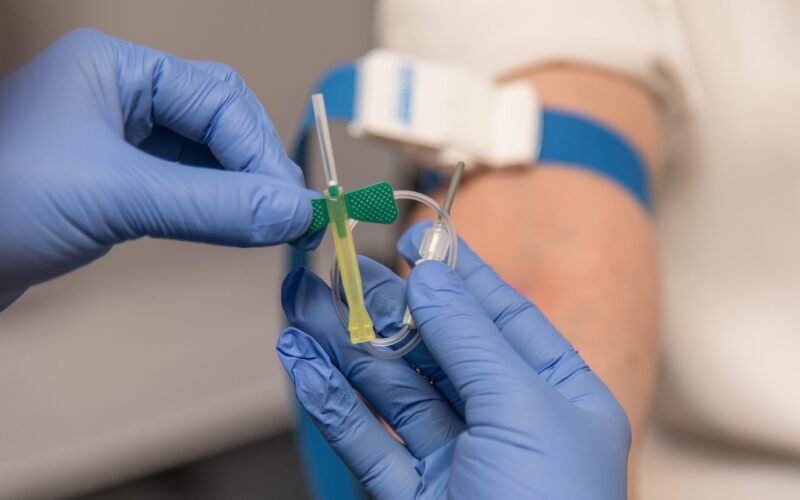In the ever-evolving landscape of healthcare, medical professionals face increasing pressure to stay current with the latest practices and technologies. Continuous professional development isn't just a regulatory requirement - it's a pathway to enhanced patient care and career advancement. As healthcare becomes more specialised and complex, those who invest in additional training often find themselves at a significant advantage in terms of job opportunities, salary progression, and professional satisfaction.
Expanding your diagnostic capabilities through specialised training
One of the most impactful ways to advance your medical career is by developing expertise in diagnostic skills that are in high demand across various healthcare settings. ECG training represents a prime example of this approach. The ability to interpret electrocardiograms accurately is valued in emergency departments, cardiology units, general practice, and even in non-cardiac specialties where heart rhythm monitoring is crucial. Medical professionals who complete comprehensive ECG training often report increased confidence in their clinical decision-making and find themselves more valuable to their employers.
Similarly, undertaking a blood interpretation course can dramatically expand your diagnostic toolkit. Understanding complex haematology results, recognising subtle patterns in biochemistry panels, and interpreting specialised tests opens doors to roles in pathology, haematology, and acute medicine. This expertise becomes particularly valuable when working in environments where rapid interpretation of blood results can influence immediate patient management decisions.
Building expertise in preoperative care
The growing emphasis on patient safety and surgical outcomes has created substantial demand for professionals skilled in preoperative assessment. Preoperative assessment training courses provide comprehensive knowledge about evaluating surgical risk, optimising patient conditions before surgery, and identifying potential complications early. This specialisation has become increasingly important as healthcare systems focus on reducing surgical complications and improving patient outcomes.
Medical professionals with preoperative assessment expertise often find opportunities in anaesthetics, surgery, and dedicated preoperative clinics.
The skills gained through these courses - including cardiovascular risk assessment, respiratory function evaluation, and medication management - are transferable across multiple specialties and can significantly enhance your employability.
Strategic career planning through targeted education
When selecting additional training opportunities, consider your current role and future career aspirations. If you're working in general practice, ECG training and blood interpretation courses can help you manage more complex cases independently, potentially increasing your practice's efficiency and patient satisfaction. For those in hospital settings, these skills can lead to opportunities in acute medicine, emergency care, or specialised diagnostic roles.
The key is to choose training that complements your existing skills whilst addressing gaps in your knowledge base. Many successful medical professionals recommend creating a five-year career plan that identifies specific competencies needed for your desired role, then systematically acquiring these skills through targeted training programmes.
Practical considerations for pursuing additional qualifications
Balancing additional training with existing work commitments requires careful planning. Many training providers now offer flexible learning options, including online components, weekend workshops, and modular courses that can be completed over several months. When evaluating training programmes, consider factors such as accreditation, practical components, ongoing support, and how the qualification will be recognised by potential employers.
Financial investment in your professional development often pays dividends through increased earning potential and job security. Many employers support staff development through study leave, financial assistance, or recognition programmes that reward additional qualifications with career progression opportunities.
The long-term benefits of continuous learning
Investing in additional training creates a positive cycle of professional growth. Enhanced skills lead to increased confidence, better patient outcomes, and recognition from colleagues and supervisors. This, in turn, opens doors to leadership opportunities, specialist roles, and higher levels of responsibility. Medical professionals who consistently upgrade their skills often find themselves better positioned to adapt to changes in healthcare delivery and emerging medical technologies, ensuring their careers remain robust and rewarding throughout their professional lives.
















